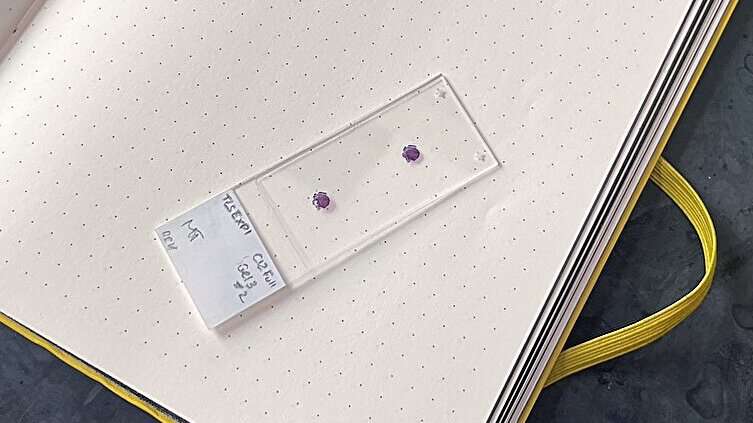Published in Matter, Santiago Correa, assistant professor of biomedical engineering at Columbia Engineering, and his collaborators describe an injectable hydrogel platform that uses EVs from milk to address longstanding barriers in the development of biomaterials for regenerative medicine.
EVs are particles naturally secreted by cells and carry hundreds of biological signals, like proteins and genetic material, enabling sophisticated cellular communication that synthetic materials cannot easily replicate.
In this study, Correa and colleagues designed a hydrogel system where EVs play a dual role: they act as bioactive cargo but also serve as essential structural building blocks, by cross-linking biocompatible polymers to form an injectable material.

